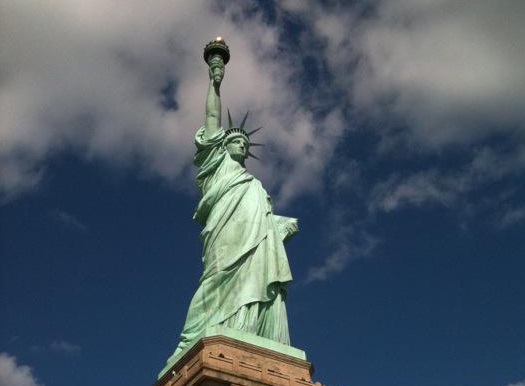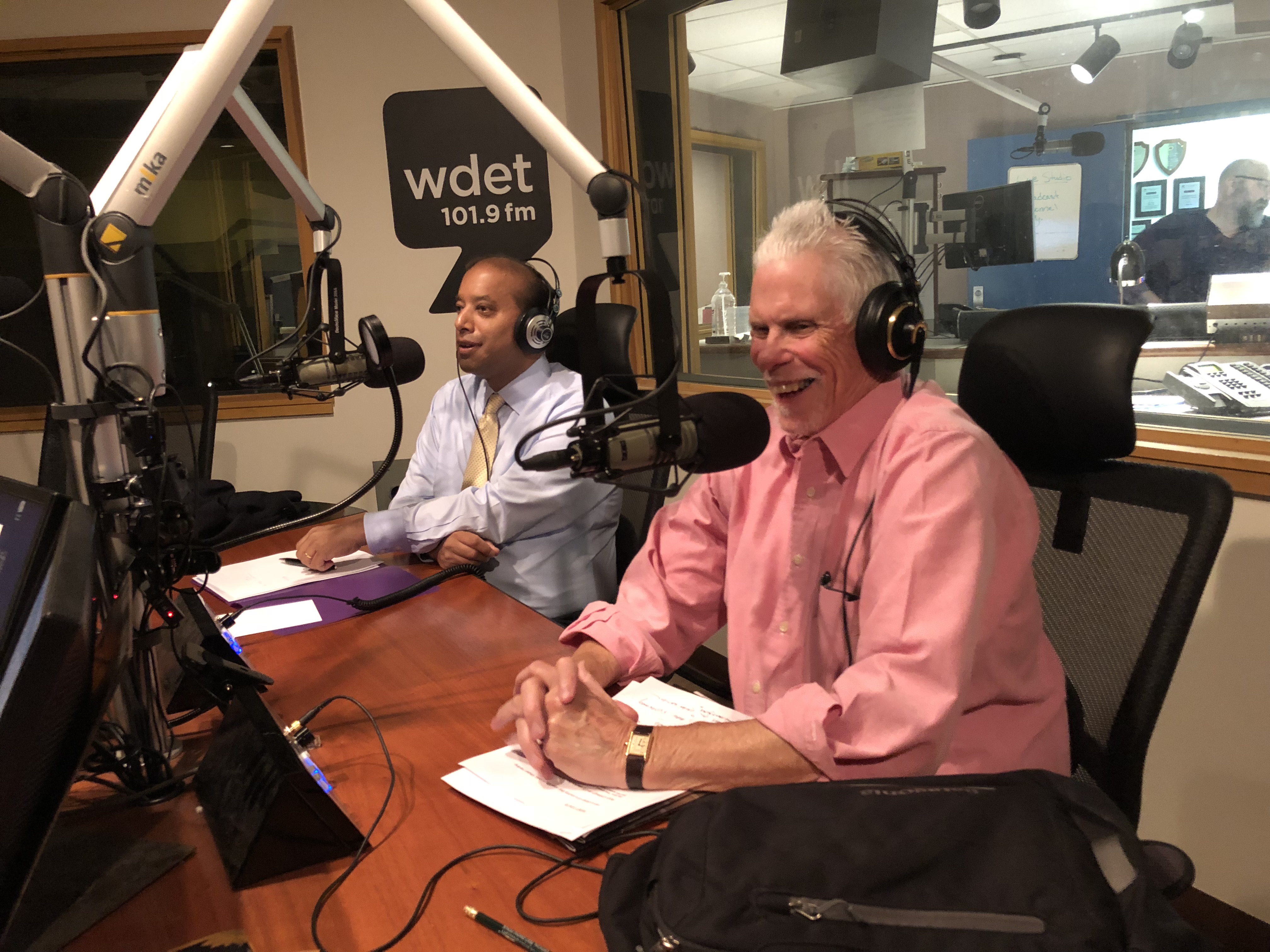What Are ‘American Values’ in 2018 — And Who Gets To Decide?
Two experts of different political philosophies discuss the meaning of American values and civility in the political climate of 2018.


With the contentious and divisive political climate of 2018, what does it mean to be American? What are the core American values? Have those values changed over time?
Historians like Howard Zinn would say America is about the struggle of ordinary people against the greed and power of an elite ruling class.
On the other hand, students of Alexis de Tocqueville would identify liberty, egalitarianism, individualism, populism, and a free market economy as the defining American values.
Every one of the 335 million Americans could potentially have a different definition of what it means to be an American.
Two Americans might even voice beliefs that directly contradict each other.
Detroit Today host Stephen Henderson speaks with Frank Joyce, local writer and activist, who recently wrote an article for Alternet titled, “Are We Being True to Our July 4th Values? Yes — That’s Exactly the Problem.”
Henderson also speaks with Sandy Baruah, president and CEO of the Detroit Regional Chamber of Commerce, which has led a call for restoration of civility in public discourse.
On the core values according to the founding documents:
“The number one core value of the U.S. when you drill all the way down to the bedrock is hypocrisy,” says Joyce. “Because in the Declaration of Independence, you have lofty ideals and equality but you also have references to indigenous people as merciless savages and in the Constitution of course you enshrine slavery and its defense.”
“Let’s say for purposes of discussion that these founding documents and aspirations have gotten us to this point. Are they adequate to the challenges we now face at this moment?”
On the need for civility in our political discourse:
“We’ve gone from having an opposition party or an opposition idea to having enemies,” says Baruah. “There are people in our country now that dislike their opposing party so much—Republicans dislike Democrats so much—they like Russia and Vladimir Putin better than they like the opposing party.”
On the use of violence in our country’s history and present moment:
“We have the roots of the United States in violence, the violence of settler colonialism, the violence of slavery, the violence of the Revolutionary War, the violence of the Civil War,” says Joyce. “Our default is violence and how we break that cycle is no easy task.”
“The challenge with today’s society is that everything is a fight. Everything is viewed through that lens,” said Baruah.
“Look at our political advertising. Everyone says I’m going to fight for you. Okay, so wait a minute, I’d rather you kind of work more collaboratively with other people to get things done. And what does it mean to fight for me if we are a country of 335 million people?”
